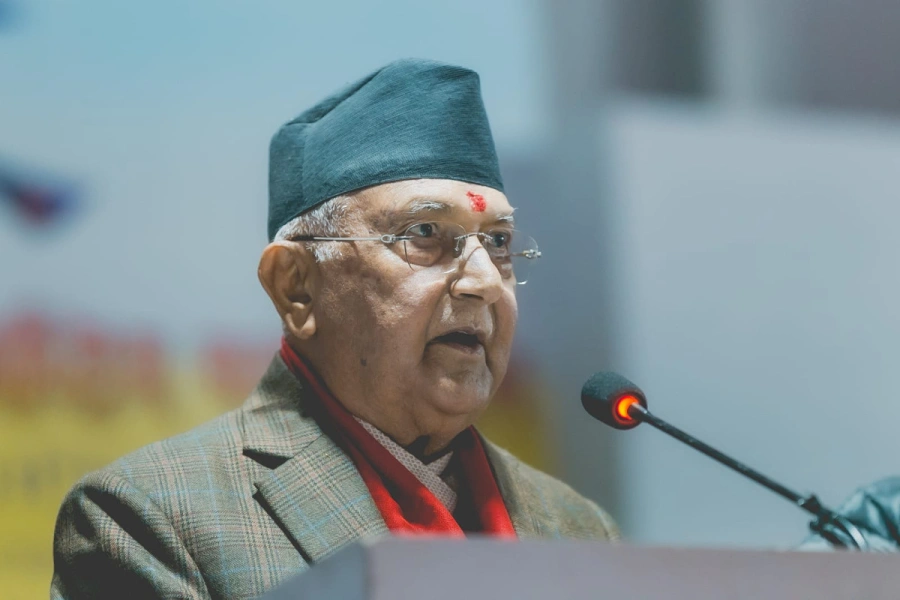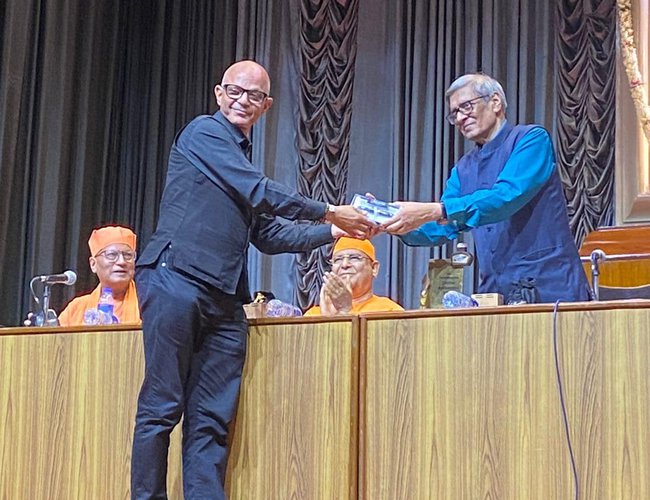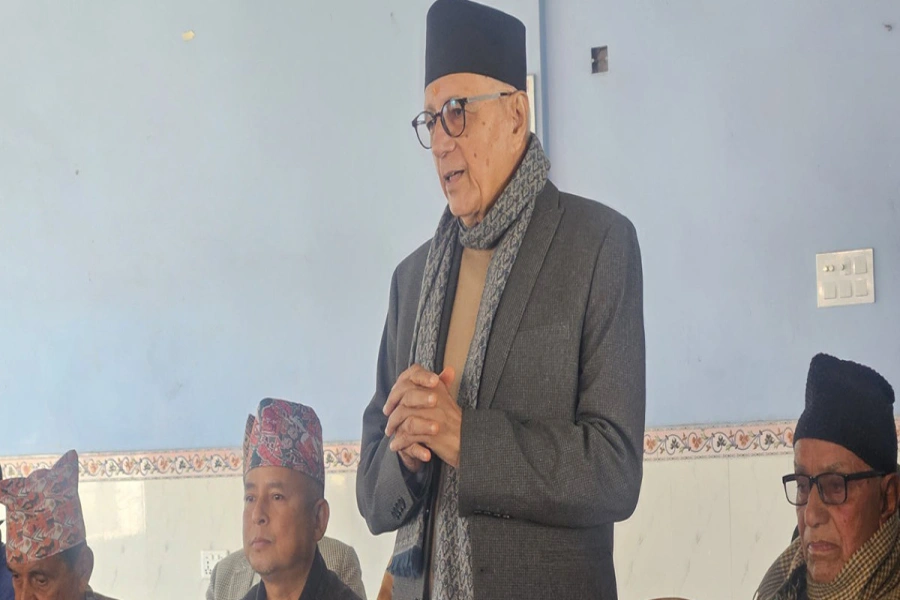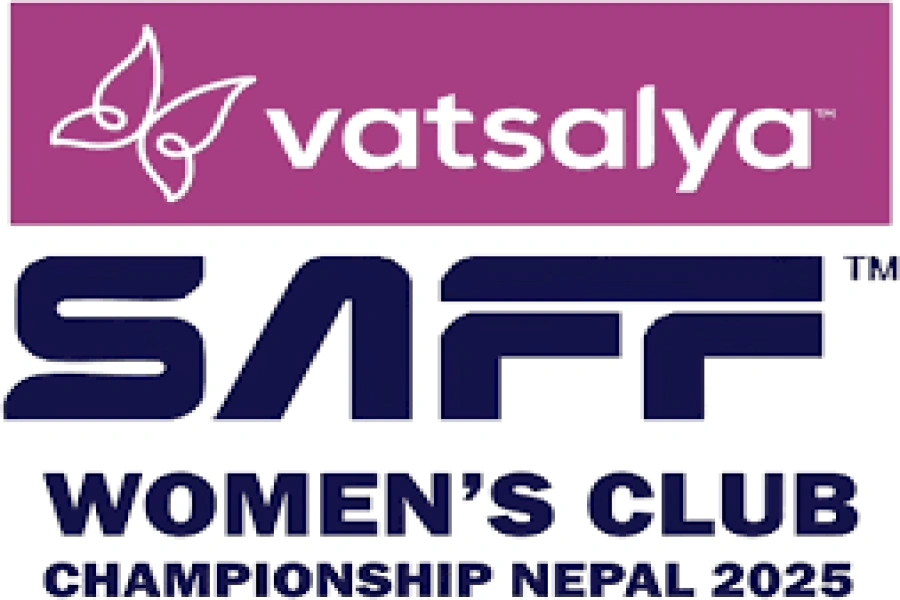Photo: AP
In an age of screens and keyboarding, when kids hardly learn cursive anymore, fountain pens — along with their old-timey accouterments like blotters, bottled ink, and fancy nibs — are making a comeback. There are jazzy new colors and styles, and an array of affordable options.
It’s a trend driven less by nostalgic baby boomers than by an eco- and fashion-conscious younger set, many of them drawn to the analog attractions of pens, ink and paper. “Interest in fountain pens has really taken off in the 10 years we’ve been in business, especially among people ages 20 to 35,” says Brian Goulet, who owns the online site The Goulet Pen Company with his wife, Rachel.
“Back in the ’90s and 2000s, what was the rage was expensive, limited-edition Montblanc and other luxury brands,” he says. “What’s happened is that with the rise of social media and entry-level fountain pens, a lot of companies have come out with pens in wild colors and styles.”
Resurgence of the Fountain Pen: #RightToWrite

Whereas standard ink colors were once limited to black or blue, colors now have evocative names like California Teal or Azurite, and the inks have features like quick-drying options, sparkles and sophisticated sheens.
Kathleen Desaye, manager of the Goods for the Study stationery store in the SoHo neighborhood of New York, said, “We just started a fountain pen club due to customer demand. The club meets once a month, and people can bring in their fountain pen collections or favorite inks and just share their love of pens.”
Goulet, who has posted over 2,000 fountain-pen-related YouTube videos, is something of a rock star of the fountain pen world. He spoke by phone from Tokyo, where he was attending the 100th anniversary celebration of the Japanese fountain pen company Platinum, some of whose pens feature delicate, traditional designs like koi or autumn leaves.
“I started out as a pen turner, making wood rollerball pens by hand. But as soon as I discovered this fountain pen world, I started plugging into the community, posting videos that I hoped would be helpful to them, and building trust and loyalty among people passionate about fountain pens,” Goulet says. “We now have a company of 40 people and a real following.”
He points out that fountain pens are a visual product, well served by social media platforms like YouTube, Reddit and Instagram. There’s a SubReddit for fountain pens, complete with its own lingo: “fps” is short for fountain pens and “npd” stands for new pen day, the day a person purchases a new fountain pen.
Some examples of coveted fountain pens include clear models, where you can see the ink sloshing around; fancy Italian models by the Florence-based Visconti company (their “Homo Sapiens Bronze Age” fountain pen is made from hardened basaltic lava from the Mount Etna volcano in Italy); and Taiwanese-made TWSBI pens that come in limited-edition color schemes.
“Fountain pens seem to be a weird thing that people find themselves getting into,” Goulet says. “The beauty of it is that these days you can have literally one person in their garage who wants to make an interesting fountain pen. People will stumble upon it and boom, you’re a brand.”
Lamy, a fashion-forward, family-owned fountain pen company based in Heidelberg, Germany, opened boutiques in San Francisco and New York City last year. “People have a real passion for fountain pens now,” says Sam Agyemang, general manager for both Lamy boutiques. “They can be Zero Waste if you use bottled ink, which is important these days. They’re ergonomic and really well-designed. And they’re a great fashion accessory. You can have a few styles and colors of fountain pens to go with various outfits. They really make a statement.”
“As we move toward this technological zeitgeist, there’s nothing better than the trifecta of a fountain pen in your hand, good paper, and your thoughts,” says Agyemang. Not only can fountain pens be inexpensive, Goulet says, but other stubborn misperceptions about them should also be shelved.
“They don’t have to be messy and they won’t explode in your pocket when you get on an airplane,” he says. “But the most common question I get when I start talking about fountain pens, is: ‘They still exist?’”
































